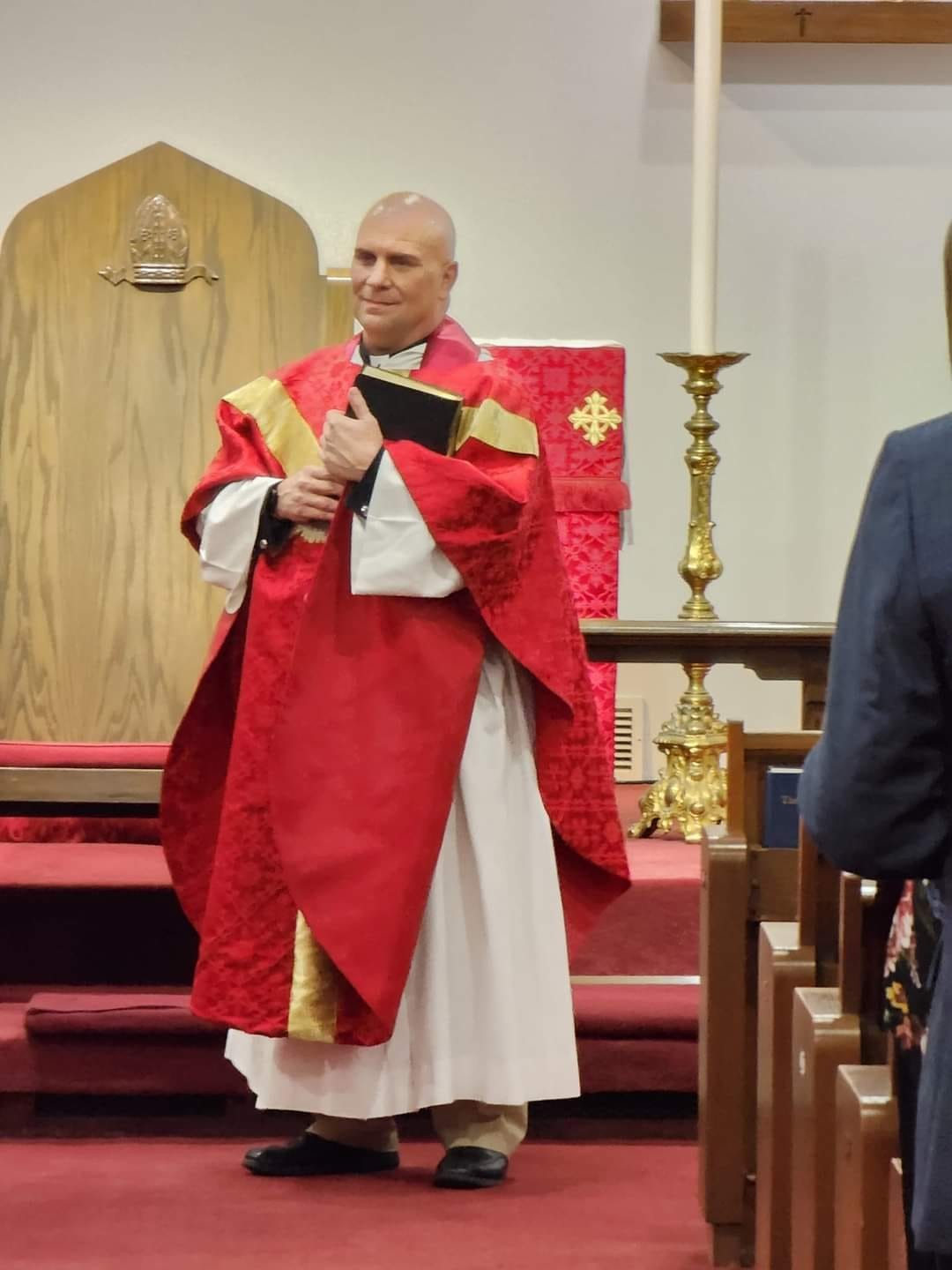We recently connected with Rev. Rob Jerger and have shared our conversation below.
Rev. Rob, appreciate you joining us today. How did you get your first job in the field that you practice in today?
In my former profession I worked as a corporate salon manager in Dallas Texas. After opening a new salon for the company I worked for, and taking it to the #1 salon in the company within the first three years, I got a call from the district manager. She said she wanted to offer me a promotion to run a larger salon. This was the opportunity I had been dreaming of; so I immediately said yes! Then she told me the salon was in Tyler Texas, the town I spent entire young life trying to get out of. As I packed up and headed to Tyler, I kept thinking, this is a very bad idea. Tyler is not the most comfortable environment for a single gay man. But I made the move and settled in at my new salon.
I returned to the Episcopal Church that I had been baptized in as an adult. I sat in the back and sang with the choir as I had done for years, because I thought that was all a gay man was allowed to do in church in the heart of the bible belt.
Then one day someone asked me if I could be a reader and read one of the assigned scripture passages for that day. I thought it was odd that they asked me, but I did it, and I enjoyed it. Then I was asked if I could be a Eucharistic Minister (the person that serves the wine during communion). I thought surely someone had made a mistake. I went to my priest and asked him ” are you sure it’s okay for me to do this?”, to which he responded, “why would it not be okay?”. This began a series of conversations between me and my priest that enabled me to reconcile my faith and my sexuality. As a result of this, I became fully active in the life of the church, and my faith was transformed.
I soon realized that my siblings in the LGBTQIA+ community were still be treated very poorly by other churches in the area, and many of them didn’t know that we could be fully gay and fully Christian, if we so desired.
I went to my priest and explained to him how poorly my community was being treated by other churches. I told him “somebody needs to do something about this”. His response was, ” Robby, you are somebody. Maybe you should start an LGBTQIA+ faith community”. I told him that was the last thing I wanted to do. The following Sunday I met a young lesbian couple that had been attending another church with their two adopted children. The two women had decided they wanted to have their children baptized. They then informed me that when the church leadership realized they were a couple, they received a letter from the pastor of the church via certified mail. In the letter they were told that they were not welcome to be members of that church. This was the moment I realized, I had to do something.
In June of 2017 I started the “Just As I Am” faith community, made up of members and allies of the LGBTQIA+ . We started with 12 people in a living room. The community began to grow rapidly to the point where we had outgrown the living room. With the help of a grant, we were able to secure a storefront space that accommodated our needs. Since we had this space seven days a week, I began to seek out leaders to create other faith groups of marginalized people. Within a few months time we had four communities meeting in this space. It was during this time that I heard my call to ordained ministry and had begun the discernment process in The Episcopal Diocese of Texas. In June of 2019 I was approved to begin the process of becoming a Priest.
Just prior to the beginning of the pandemic, voices from higher up in the Diocese of Texas were telling me they believed we were becoming a church. I didn’t believe them at first, but decided to test the idea with an evening worship service. The service was well received, and survived through the pandemic while doing live streamed services. In 2020 I planted St. Clare’s Episcopal Church, an intentionally inclusive and affirming church. In 2022 I had finished my studies and was ordained in the same church where I thought all I was allowed to do was sing with the choir. Based on the success I had shown with our faith communities and a new church, I was hired by the Episcopal Diocese of Texas as a church planter. I know it’s a long story, but that’s how I got my job!
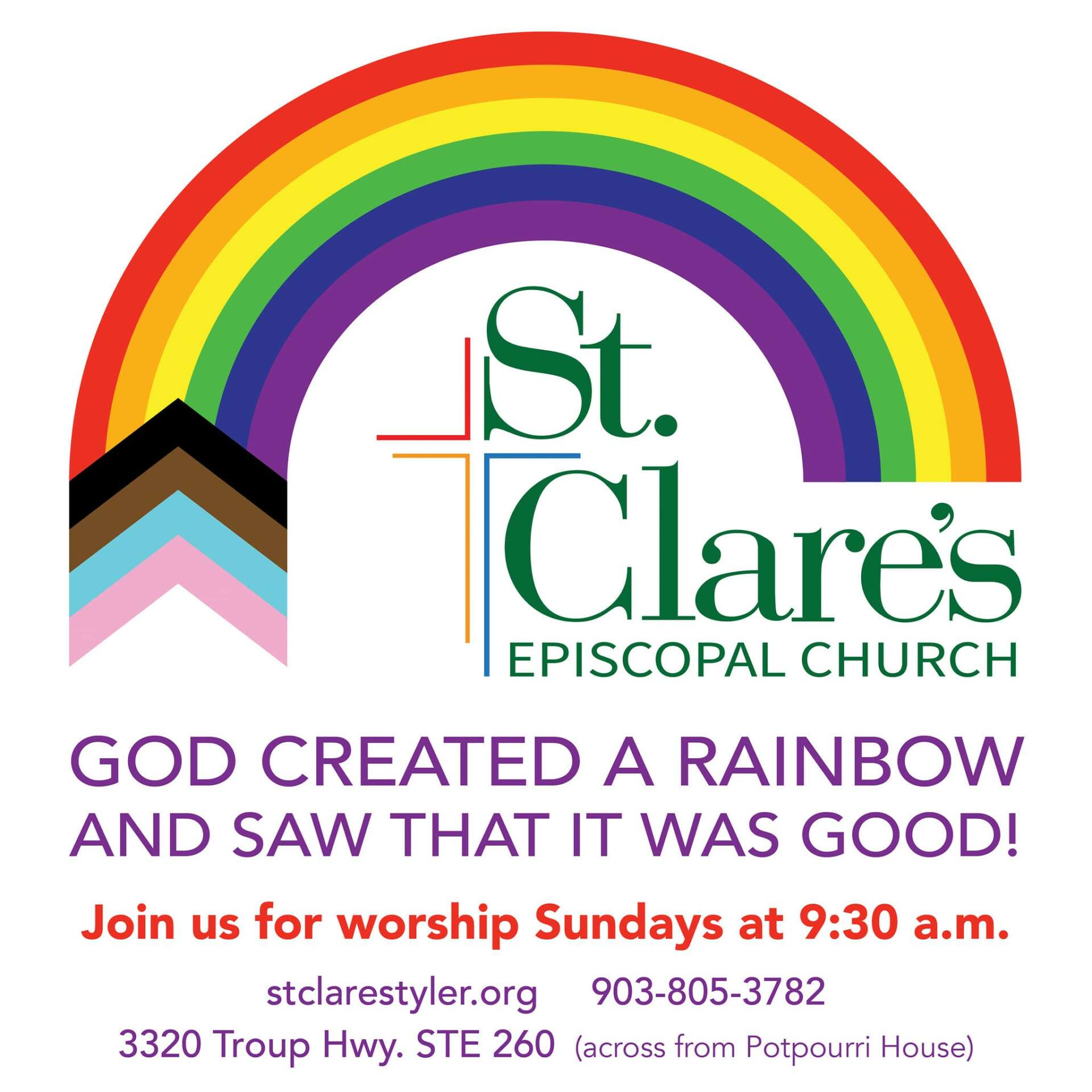
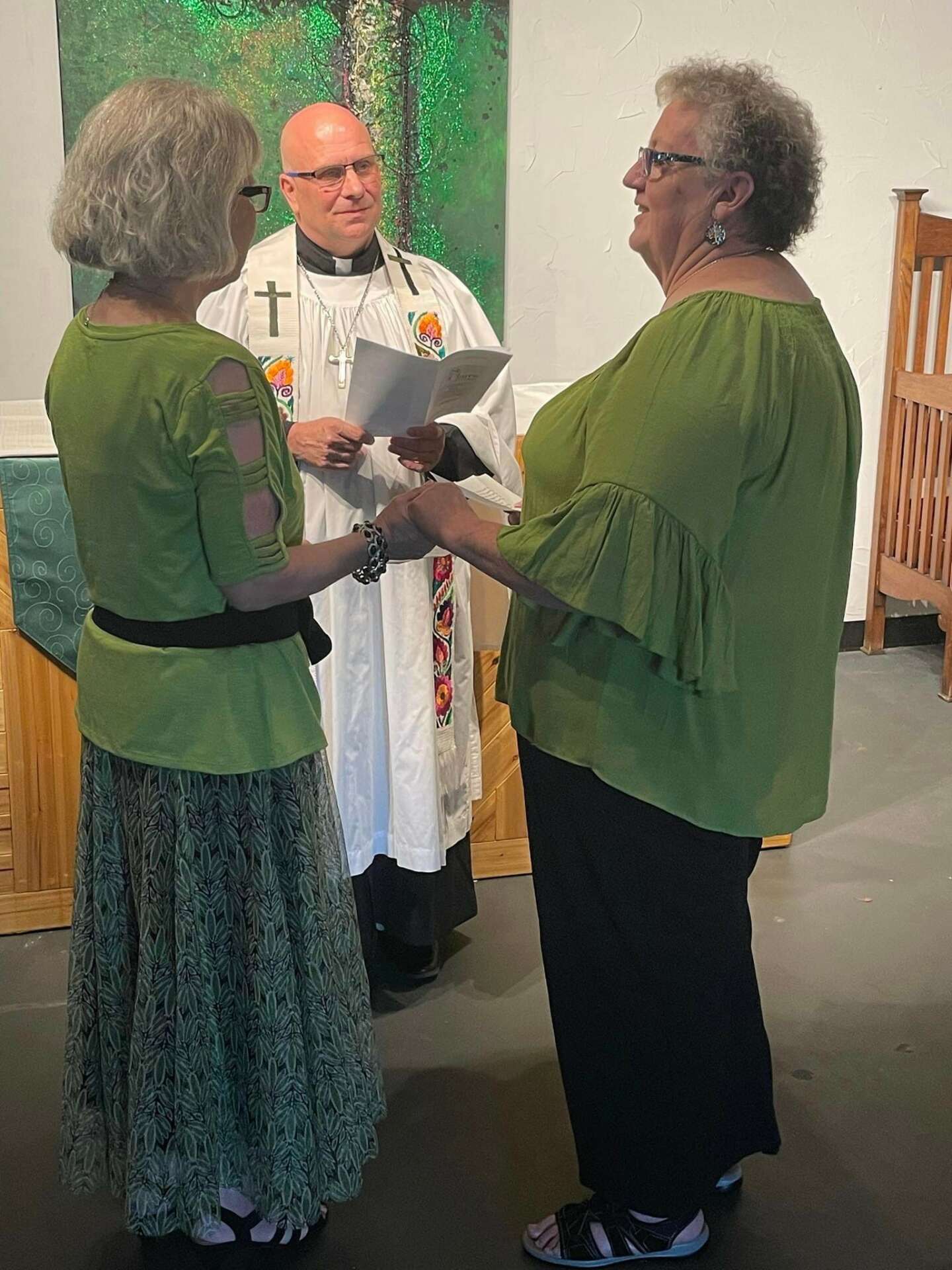
As always, we appreciate you sharing your insights and we’ve got a few more questions for you, but before we get to all of that can you take a minute to introduce yourself and give our readers some of your back background and context?
I believe a lot of this was covered in my story, but I will say what sets me apart is the fact that I lead a ministry within the church that seeks to heal the wounds caused by the church. We have faced many obstacles ranging from hateful comments on our facebook page to discrimination from businesses that did not want to work with a church that affirms LGBTQIA+ people.
Some people believe that our church is only about LGBTQIA+ people and issues, but they would be wrong. Every Sunday I preach the gospel of Jesus Christ. We are also involved in racial justice work, helping the homeless and the poor, and empowering women in ministry.
We consider ourselves God’s church rather than “the gay church”.
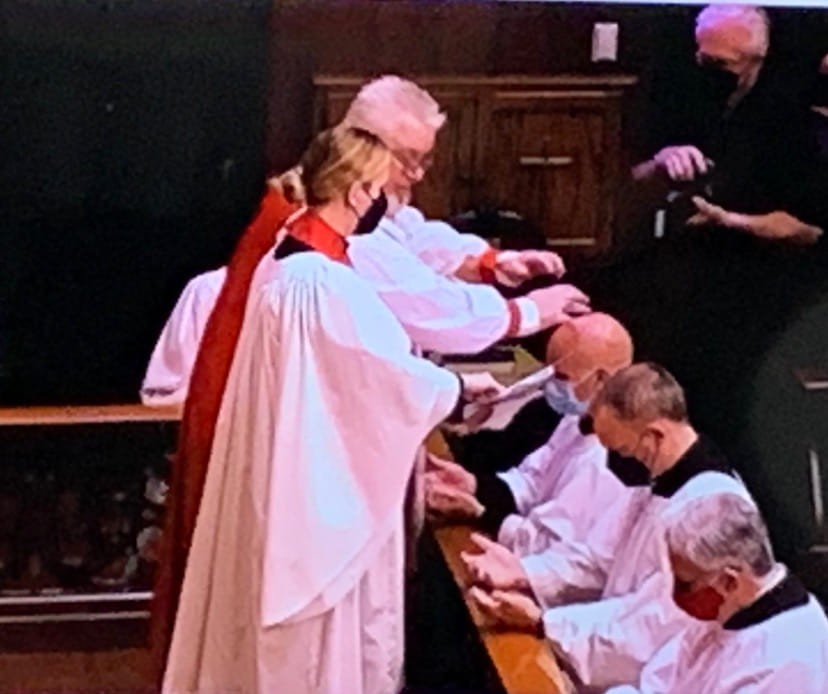
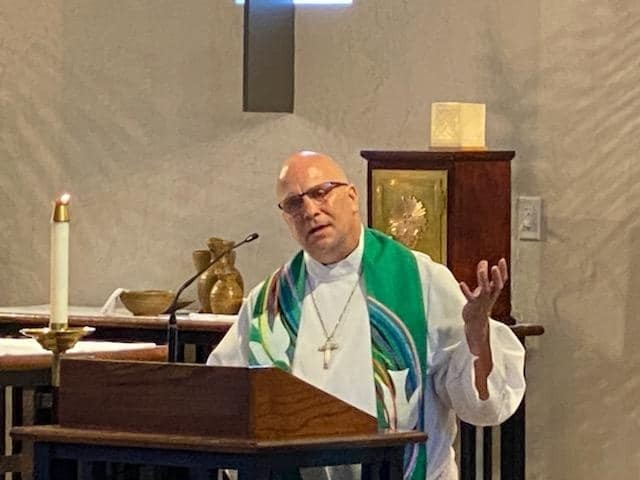
Training and knowledge matter of course, but beyond that what do you think matters most in terms of succeeding in your field?
I believe everyone has things in their past that they will need to work through both mentally and emotionally. I have a very wounded past that includes childhood trauma, abuse, addiction, and depression. I have done the work to heal from my past through lots of therapy and 12 step recovery groups. As a result, today, my scars from my past are the gifts I bring to my ministry. Having been through a lot in my lifetime, I am able to relate to people on a level that maybe others cant.
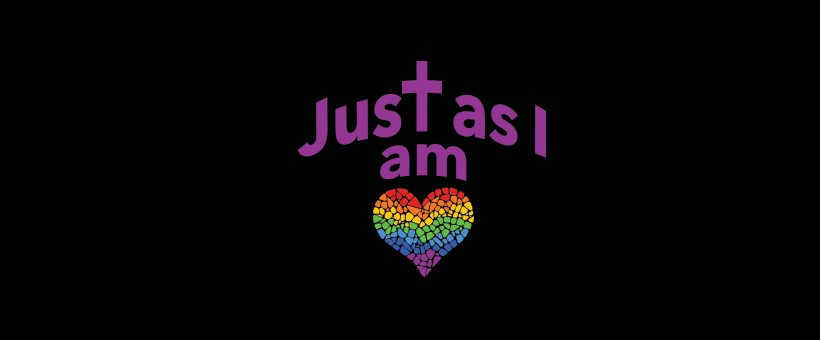
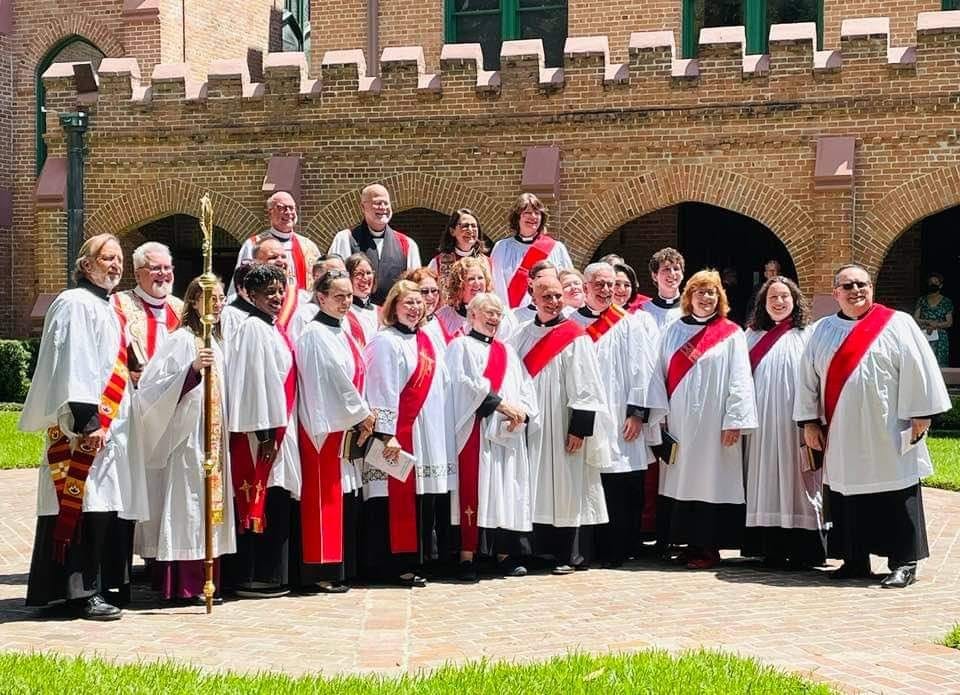
Do you think you’d choose a different profession or specialty if you were starting now?
Prior to becoming a priest I have worked in hotel management, professional dance, fitness instructor, and 20 years as a hair stylist and corporate salon manager. I believe that everything I have done and been through in my life has prepared me for the work I do today. I sometimes wish I had gotten into ministry earlier, but I don’t think I would have the gifts I bring to it today had I gotten into it earlier. I don’t feel like I chose this profession, I think it chose me, but if I had it to do all over again, I would certainly choose the life giving work I do today.
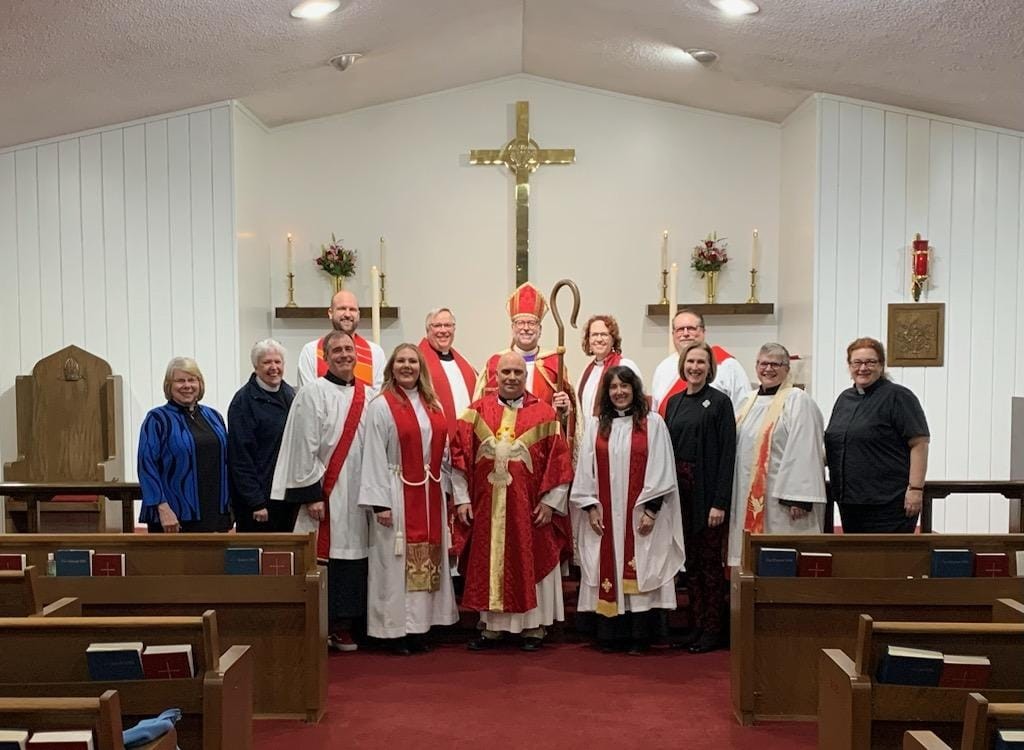
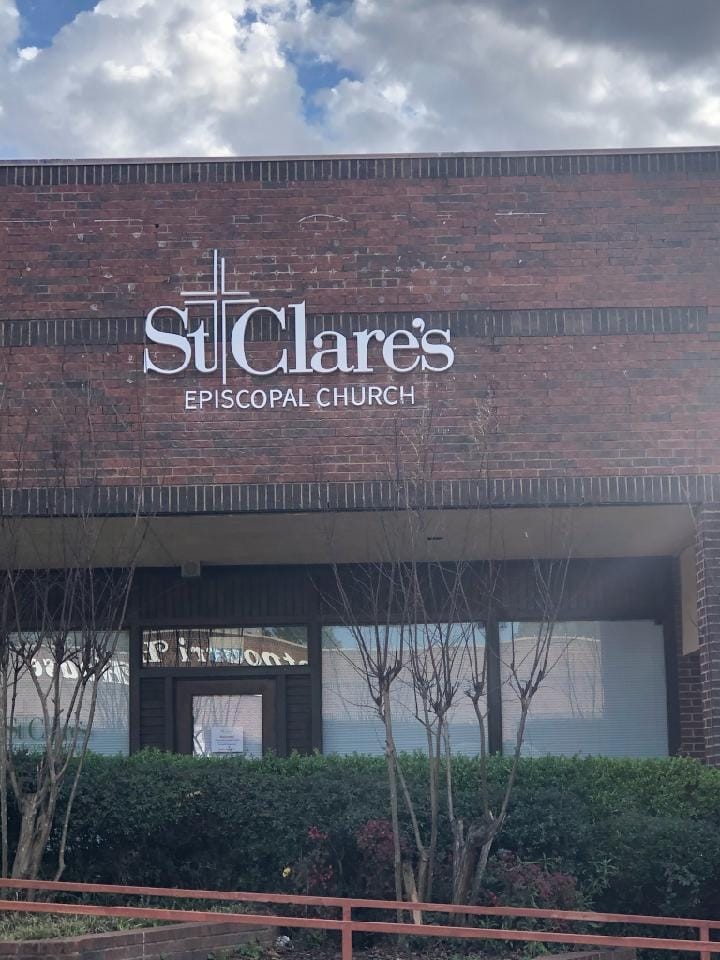
Contact Info:
- Website: stclarestyler.org
- Instagram: stclarestyler
- Facebook: facebook.com/stclarestyler


